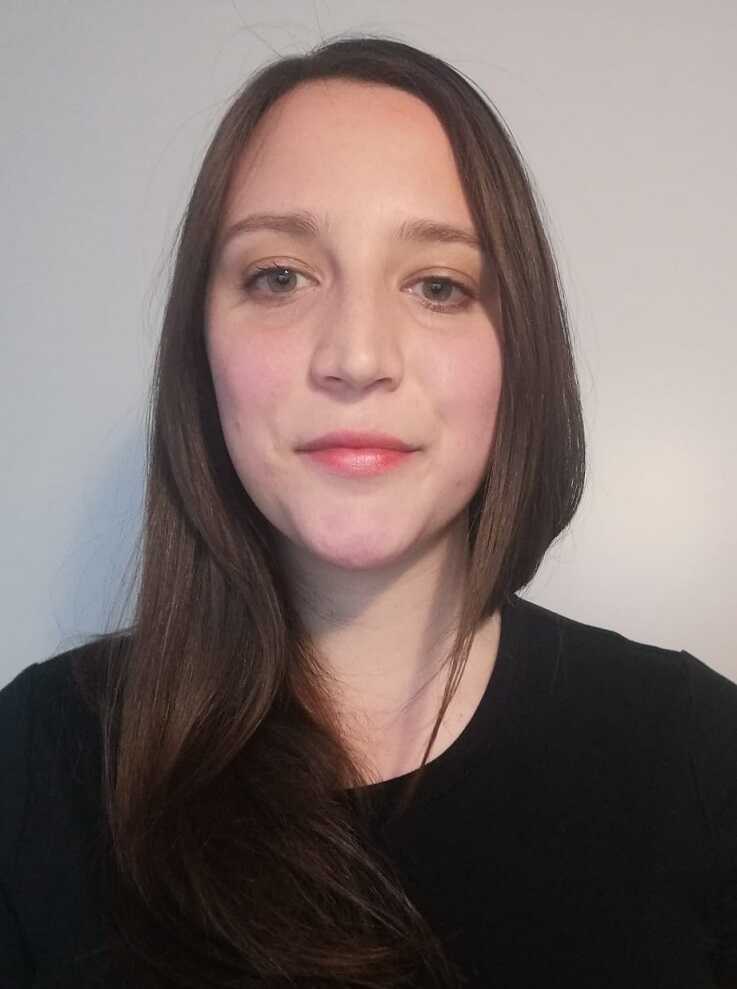People
Faculty
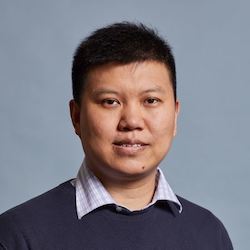
Qiwei Han
Qiwei Han is currently an Assistant Professor of Data Science and Business Analytics at Nova School of Business and Economics (Nova SBE), Portugal. He is an affiliated faculty with the Data Science Knowledge Center of Nova SBE. He received Ph.D. in Engineering and Public Policy and M.S. in Information Networking from Carnegie Mellon University. His research is at the intersection of econometrics and machine learning, using complex data-driven approaches on a variety of projects with societal impacts. He served as the Technical Mentor for Data Science for Social Good Europe program jointly offered by Nova SBE and the University of Chicago in 2017 and 2018. His research appeared in data science and information systems conferences and received the Best Paper Award from International Conference on Social Computing.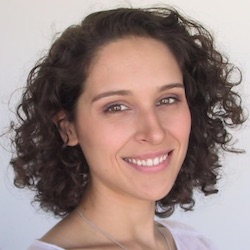
Filipa Reis
Invited Assistant Professor of Data Science at Católica Lisbon School of Business and Economics. Filipa holds a PhD in Public Policy and Management from Carnegie Mellon University, a MSc from CLSBE, and bachelor's degree from Nova SBE. Her research focuses on media consumption patterns and the impact of digitization and convergence technologies on consumer choices and behaviors. She has also participated in experiment-driven business analytics consulting projects for policy formulation and evaluation in the telecommunications sector. Her work has been published in Management Science and presented at top peer-reviewed research conferences such as the International Conference of Information Systems and the Economics of Digitization Seminar Series of the National Bureau of Economic Research. Filipa teaches quantitative and data analysis courses at the undergraduate level including Statistics I, Statistics II, Statistics for Business and Economics, and Business Research Methods.Speakers
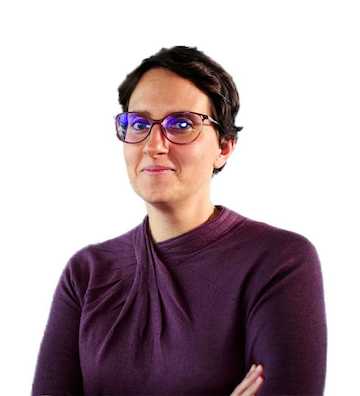
Joana Gonçalves de Sá
Joana Gonçalves de Sá is an Invited Associate Professor at the Physics Department of Instituto Superior Técnico, Universidade de Lisboa and the leader of the Social Physics and Complexity (SPAC) research group at LIP. Before that, she was an Associate Professor at Nova SBE and a Principal Investigator at the Instituto Gulbenkian de Ciência (IGC), where she remains as the Director of the Graduate Program Science for Development (PGCD), aiming at improving science in Africa. Her current research uses data analytics and machine learning to study complex problems at the interface between Biomedicine, Computation, Policy, Social Sciences, and Mathematics. These include epidemiology, critical thinking, network dynamics, political discourse, and their applications to human-behavior, with a large ethical and societal focus. Joana has a degree in Physics Engineering from Instituto Superior Técnico – University of Lisbon, and a PhD in Systems Biology from NOVA – ITQB, having developed her thesis at Harvard University, USA. In 2019, she was the recipient of an ERC Starting Grant to study human behavior using the online spread of “fake news” as a model system.
Moinul Zaber
Moinul Zaber (PhD) is currently a Senior Academic Fellow at the United Nations University (UNU-EGOV). He is also a data and computational social scientist. His research focus is technology and public policy. He uses machine learning, statistical inference, econometrics techno-ethnographic analysis and design thinking to harness data for policy insights and intervention design. Dr. Zaber recieved is PhD in Engineering and Public Policy from the Carnegie Mellon University, Pittsburgh, PA, USA. He is currently on leave from his position as an Associate Professor of Computer Science and Engineering, University of Dhaka, Bangladesh. Previously he worked as a Research Fellow at Economics and Management Department of Chalmers University, Sweden and LIRNEasia, Sri Lanka. Dr. Zaber, has also served as a visiting Associate Professor at CSIS, Tokyo University, Tokyo. His recent research was on using Big Data to understand energy usage, use of GPS data traffic pattern recognition, network analysis for communication pattern recognition digital inclusion at educational hubs, use of Satellite data on land use land cover, Spectrum Management policy, voice over IP regulation, regulatory governance, usable privacy and usable security. He has published in various international peer reviewed journals, regularly gives invited talks at major conferences on telecommunications and Internet policy and regulation.Teaching Assistants

Alessandro Gambetti
Alessandro Gambetti is currently a Research and Teaching Assistant of Data Science at the Nova School of Business and Economics (Nova SBE), Lisbon, Portugal. He recently received an MSc in Finance from Nova SBE, majoring in Data and Business Analytics, and he holds a BSc in Economics & Finance from the Alma Mater Università di Bologna, Bologna, Italy. His research interests span from applied data science in both social and business sciences in which data may be considered as a driving factor in decision-making. Aside from research, he is currently involved in tutoring MSc students in data-based subjects with the goal of easing the overall learning process.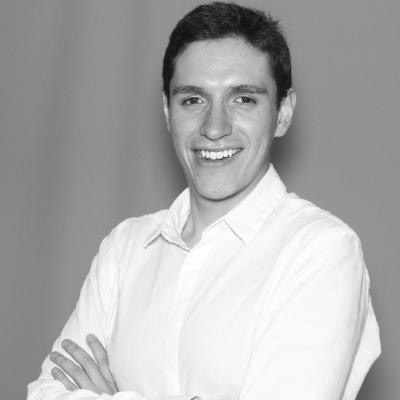
Eduardo Hidalgo García
Eduardo Hidalgo is a Data Scientist at the Data Science Knowledge Centre of NOVA SBE university (DSKC), where he also collaborates as a Teaching Assistant for the bachelor’s course: “Introduction to Programming”. He also collaborates as an instructor in le wagon data science’s bootcamps. Prior joining the DSKC, he worked at Mastercard, there he collaborated on a broad set of projects, in three areas: Loyalty Analytics, Operations & Technology and Sales. Eduardo has six years of international experience, adding value to complex data related projects in banking, education and research, involving information analysis and communication to ensure an effective implementation of solutions with business impact.Participants
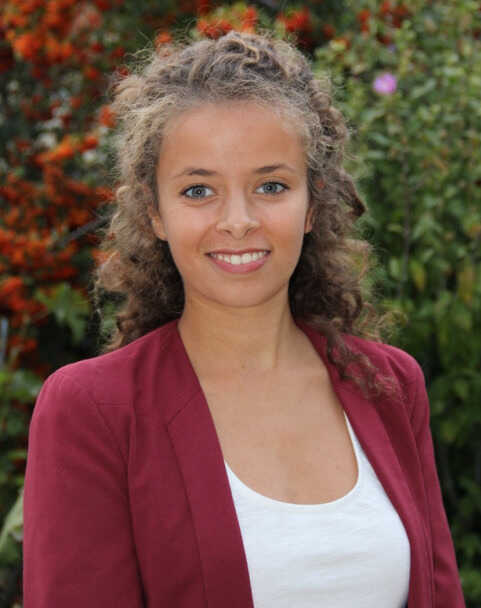
Anika Kamilla Clausen
Anika Kamilla Clausen is a Danish PhD student working at the University of Fribourg in Switzerland in the Business Communication department under the supervision of Prof. Dr. Laura Illia since February 2020. In 2019, she graduated from the University of Lausanne with a Master of Arts in English and German. Her PhD will focus on Open Access as a business model. The goal of my PhD is to better understand the model in different domains, i.e., academic journal publishing, open AI agents, and data sharing (social media data). The aim is to develop a project that includes a theoretical understanding of the concept, and a practical aspect. The practical part of her thesis will hopefully be to develop a social media lab that makes it possible to share large amounts of data with other researchers.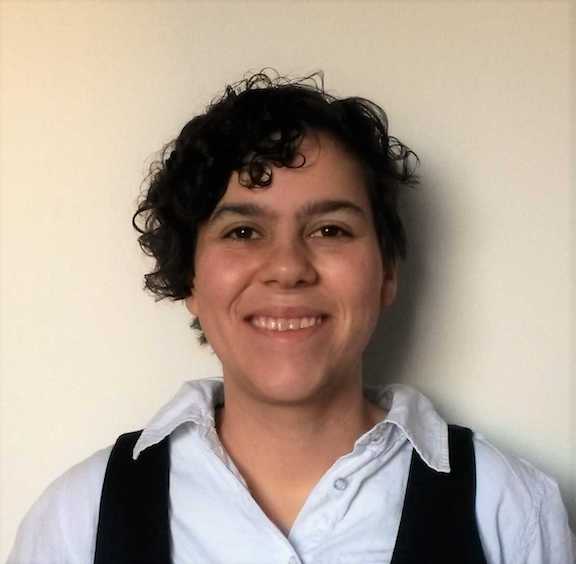
Antonia Hmaidi
Antonia Hmaidi is a Research Associate and PhD Candidate at the Mercator School of Management and the Institute of East Asian Studies at the University of Duisburg-Essen, where she works on Chinese economic development and the Internet Economy. She studied East Asian Politics and Economics at Ruhr-University Bochum and International Relations/Political Science at The Graduate Institute in Geneva. Her papers are concerned with the economic impact of Internet Censorship, the role political relations play in Chinese Outward Direct Investment and the Social Credit System in China. In her research, she uses novel approaches from Machine Learning and Data Science, scrapes open data from the Internet, and employs agent-based modelling. In her spare time, she works freelance as a data scientist. In addition, she is also active at the Chaos Computer Club, where she mentors people in coding in Python.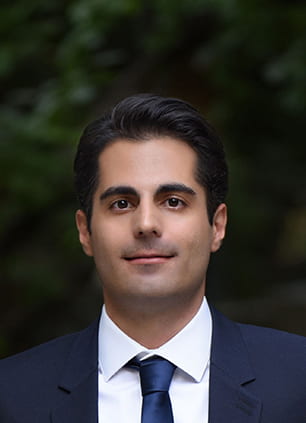
Ashur Parham
Ashur Parham is currently a Ph.D. student at emlyon business school. He is interested in identifying patterns through longitudinal large datasets using computational linguistics approaches such as structural/semantic embedded topic modeling. He is currently looking at the discussions related to gain of function research and study how different categories of expertise – legal scholar, ethicist, epidemiologist, etc – shape the debate and final report. He is born in Tehran, Iran, and graduated from the University of Amsterdam with a Master of Science in Economics, and from Skema Business School with a Master of Research in Management and Innovation. I have been involved in research projects at LSCP, a psycholinguistic laboratory at École Normale Supérieure (ENS), the psychology department of Paris Descartes University, and the Center for Research in Experimental Economics and Political Decision Making (CREED) in Amsterdam.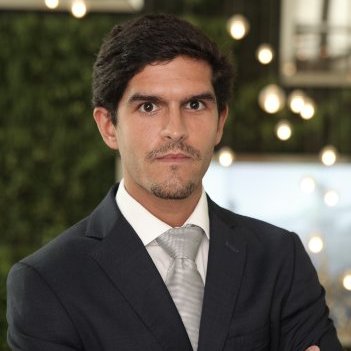
Bernardo Forbes Costa
Bernardo Forbes Costa is a PhD candidate in Economics and teaching assistant at Nova School of Business and Economics. He has a background in consulting, having worked as a Senior Consultant at Deloitte, and has served as a technical advisor to the Portuguese Directorate General of Health. He is interested in using real-world as well as experimental data to explain and positively influence human behavior, leveraging on disciplines of behavioral and data science. His current research focuses on (1) explaining mobility patterns using news information and, (2) explaining heterogeneity in attack rates in nursing homes, in the context of the COVID-19 pandemic.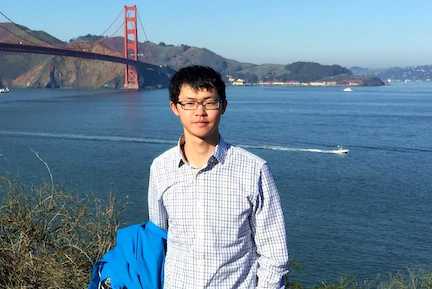
Chun Shao
Chun Shao is a Ph.D. Candidate at the Walter Cronkite School of Journalism and Mass Communication at Arizona State University. As a data-driven researcher, his research uses an interdisciplinary approach to examine the intricate relationship between social media, digital audiences, and political communication. Specifically, he employs diverse methodologies such as surveys and computational analysis to understand the structural and psychological aspects of users’ online behaviors, as well as the role of social media in civic life. As an active researcher, Chun has received several academic awards, including a Top Paper Award from the Broadcast Education Association, and a Fellowship from the Knight Foundation. His prior works have appeared in multiple journals, including American Behavioral Scientist, Telematics and Informatics, Social Media & Society, and Journal of Information Technology & Politics.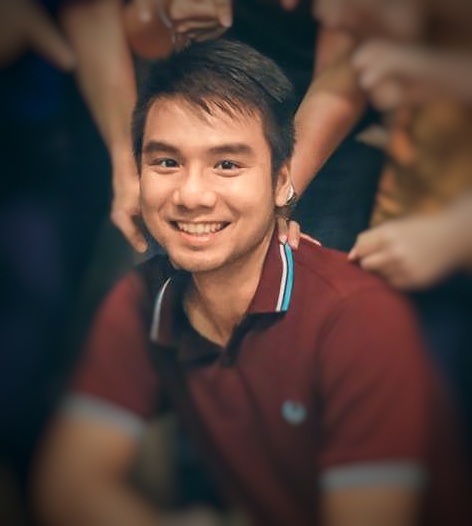
Dan Tran
Dan Tran is currently a research fellow & adjunct professor at the Católica Lisbon School of Business & Economics. He holds a PhD in Economics with a focus on financial stability and computational modeling. Dan’s current research focuses on data modeling and machine learning in finance.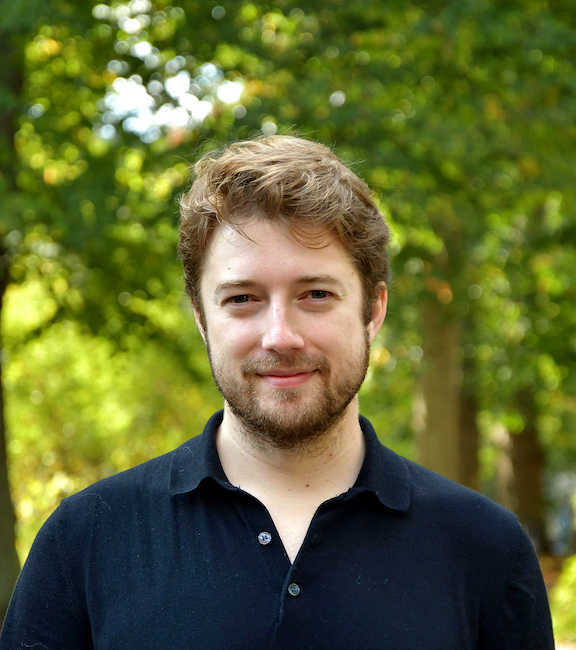
David Bazan
David Bazan is a PhD student in Sociology at Lund University. He is interested in algorithms, cultural dimensions of contemporary class divisions and inequality. In his PhD project, he focuses on the class assumptions and categorizations embedded in algorithmic recommendations, how people interact with algorithmic processes and how they participate in the (re)production of social inequalities. David holds an MSc in cultural sociology from the University of Amsterdam and a BA in sociology from the University of Barcelona.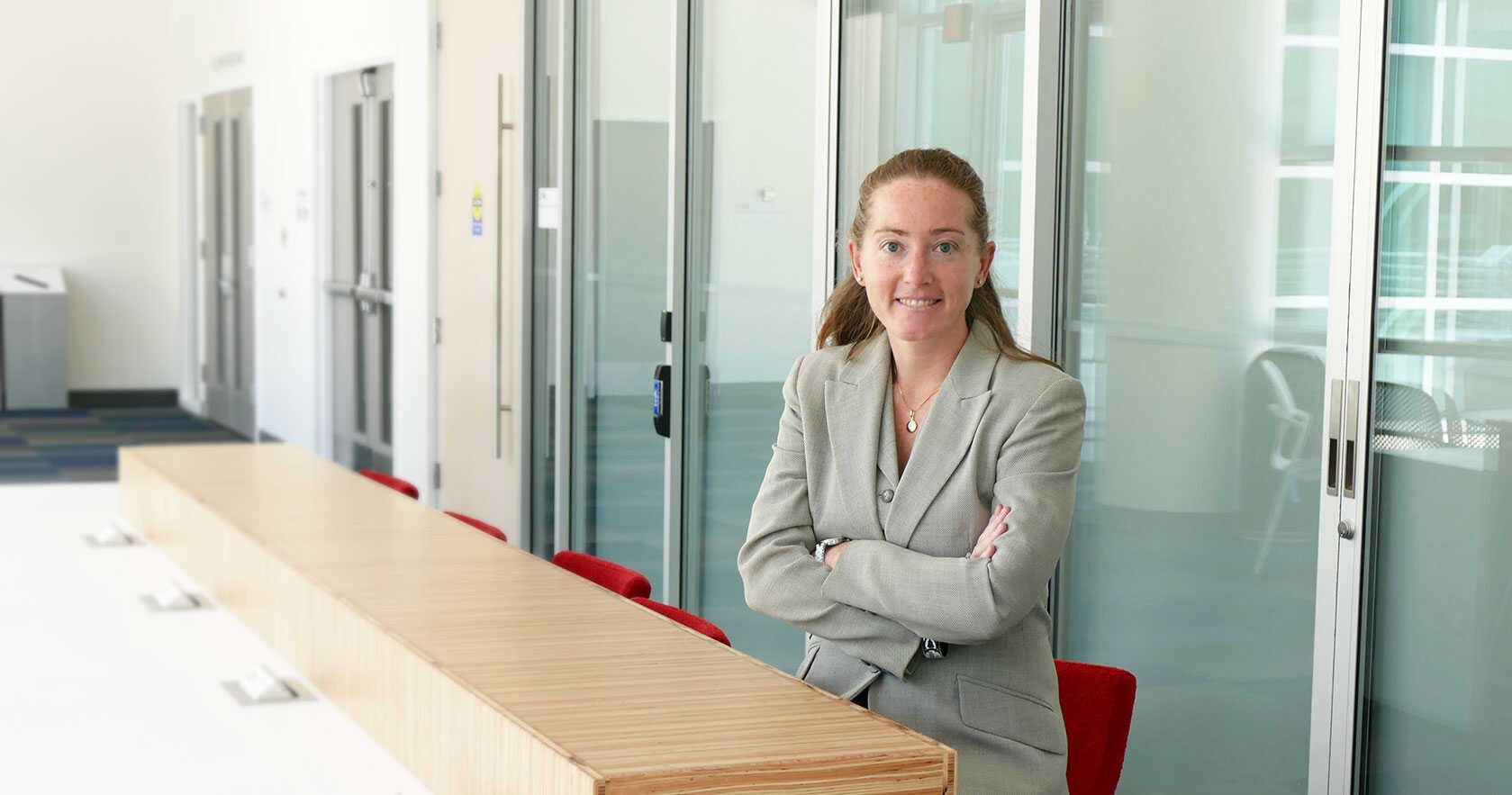
Laura Brandimarte
Laura Brandimarte is an Assistant Professor of Management Information Systems at the University of Arizona. She joined the Eller College of Management in 2015 after two years as a post-doctoral fellow at Carnegie Mellon University, where she also earned her PhD in public policy and management at the Heinz College. Laura is a privacy and security researcher, specifically interested in the psychology of self-disclosure, the social dynamics of privacy and security decision making, and the social and ethical issues of technology.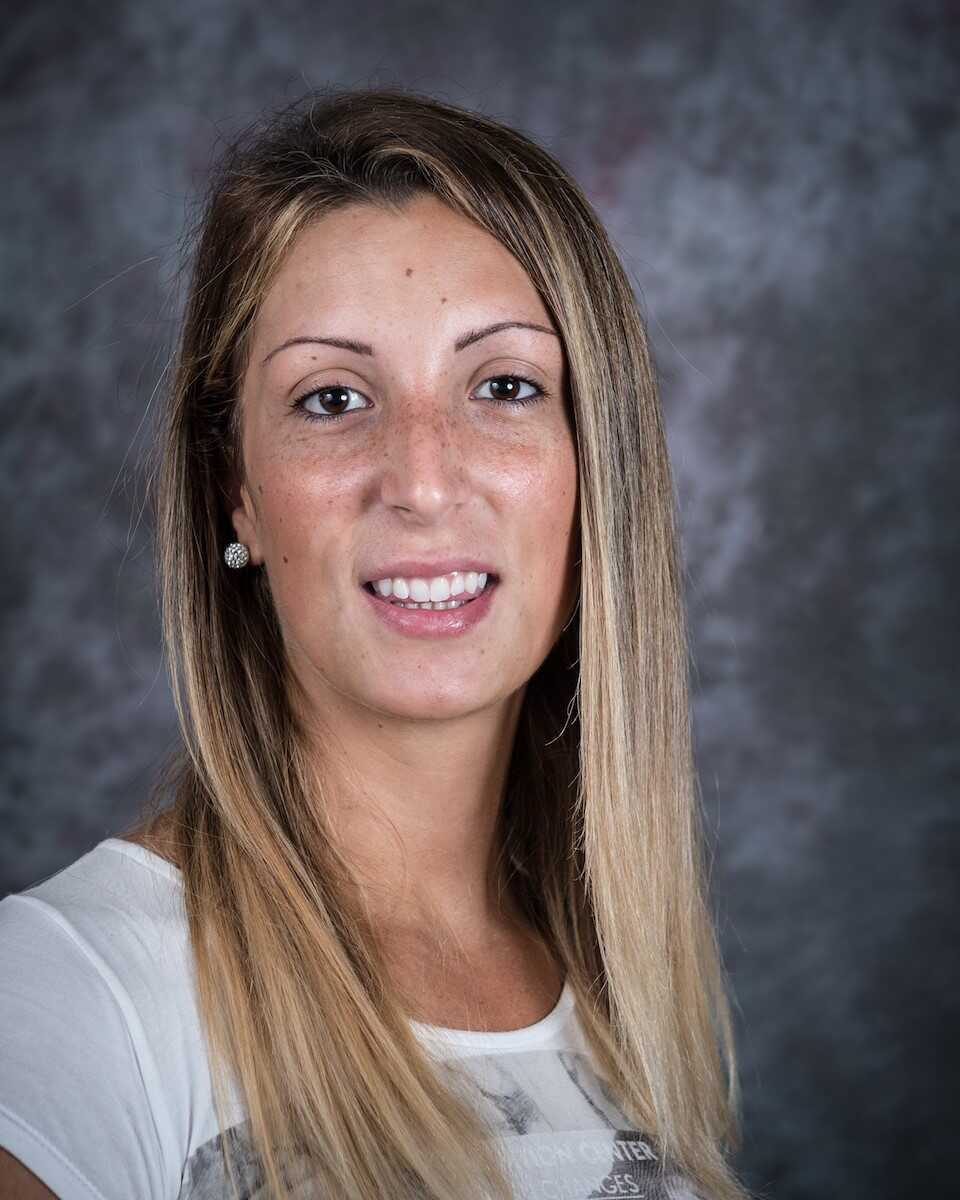
Martina Santia
Martina Santia is a Ph.D. candidate in Media and Public Affairs in the Manship School of Mass Communication at Louisiana State University. She has an M.A. in Global Development and Peace (2017) and a B.A. in Mass Communication and International Political Economy & Diplomacy (2014) from the University of Bridgeport. Her research agenda focuses on identifying the psychological underpinnings motivating public attitudes and behaviors in response to certain media stimuli. More specifically, Martina is currently working on her dissertation testing agenda-setting effects after exposure.
Mercy Erhi Makpor
Mercy Erhi Makpor is a Junior Researcher at the United Nations University Operating Unit on Policy-Driven Electronic Governance. She is also a Research Associate in the School of Economics and Management, University of Minho, Portugal. Her research area is in e-Governance with a keen interest in Digital Inclusion, Gender Equality and Diversity. She is also interested in Ethics and Corporate Social Responsibility with specificity to the supply chain mapping, third party relationships, stakeholder engagements, and effective CSR integration in the Oil and Gas sector. Her other interest is in the area of human development at micro and macro levels where she focuses on individual and institutional responses to social, economic and environmental issues with the possibility of reaching and sustaining mutual grounds for human growth and development. She has also researched Gender advocacy and Sexual Reproductive Health and Rights. She takes great interest in counselling, programme facilitation, leadership and team-building practices. She has had years of experience conducting research and working with professionals from some of the biggest research teams in Canada under the Teasdale-Corti Team Grant, and a host of others from Europe under the European Commission.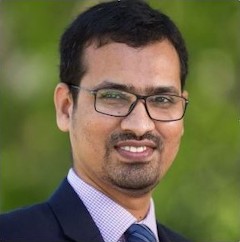
Mohammad Ali
Mohammad Ali is a doctoral candidate in Mass Communications at the S.I. Newhouse School of Public Communications, Syracuse University, United States. The areas of his research include strategic communication using both social science and computational research methods. As a Computational Social Science (CSS) researcher, his work involves both the quantitative and qualitative approaches with a combination of data science methods. Specifically, his research foci include brand crisis, brand-consumer interaction, visual messages, fake news, persuasion, social media, news media credibility, and Artificial Intelligence. A former journalist in Bangladesh, Ali received his M.A. in Communication at The University of Texas at Tyler, USA. He also has another master's degree and a bachelor's degree in Public Administration at the University of Dhaka, Bangladesh. Ali has published and presented his research works in reputed journals and conferences, including Association for Education in Journalism and Mass Communication (AEJMC) and International Communication Association (ICA).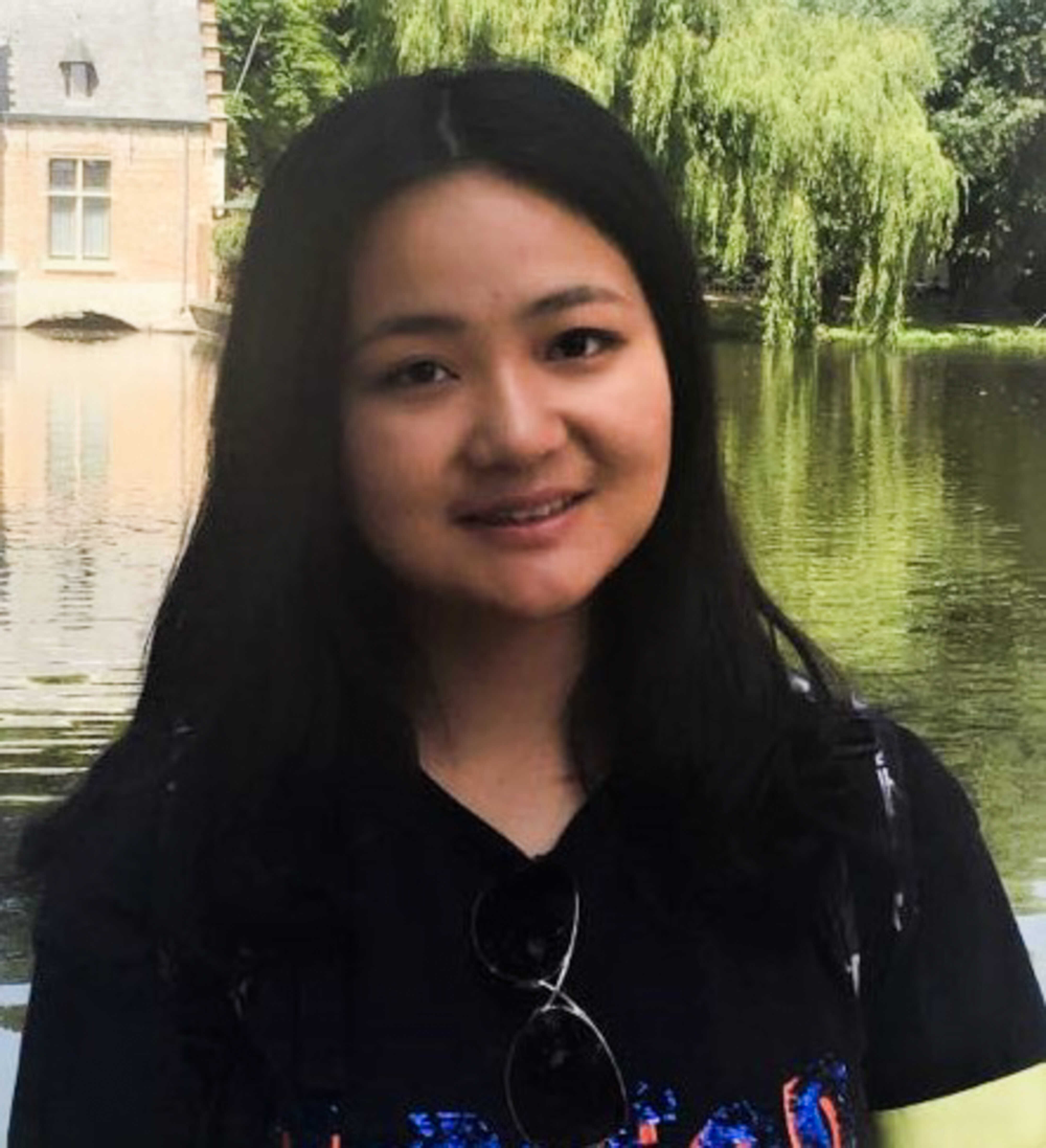
Shenglan Qing
Shenglan Qing is Ph.D. candidate in communication at Autonomous University of Barcelona. Her dissertation focuses on online discussions about reality talent shows in China and Spain. This dissertation applies Supervised Machine Learning model to analyze texts on Twitter and Weibo. Her research interests span from cultural studies, globalization, to digital and computational methods.